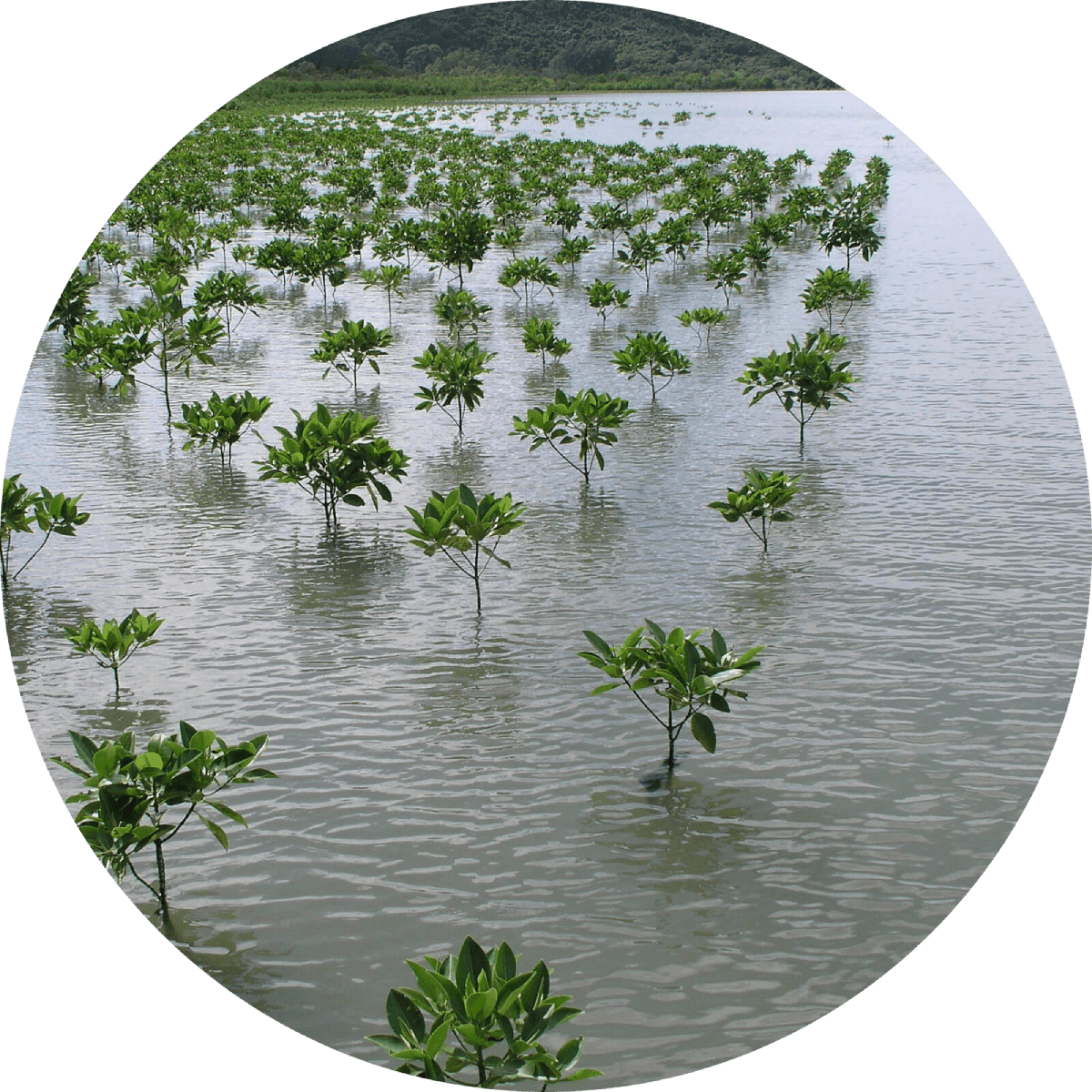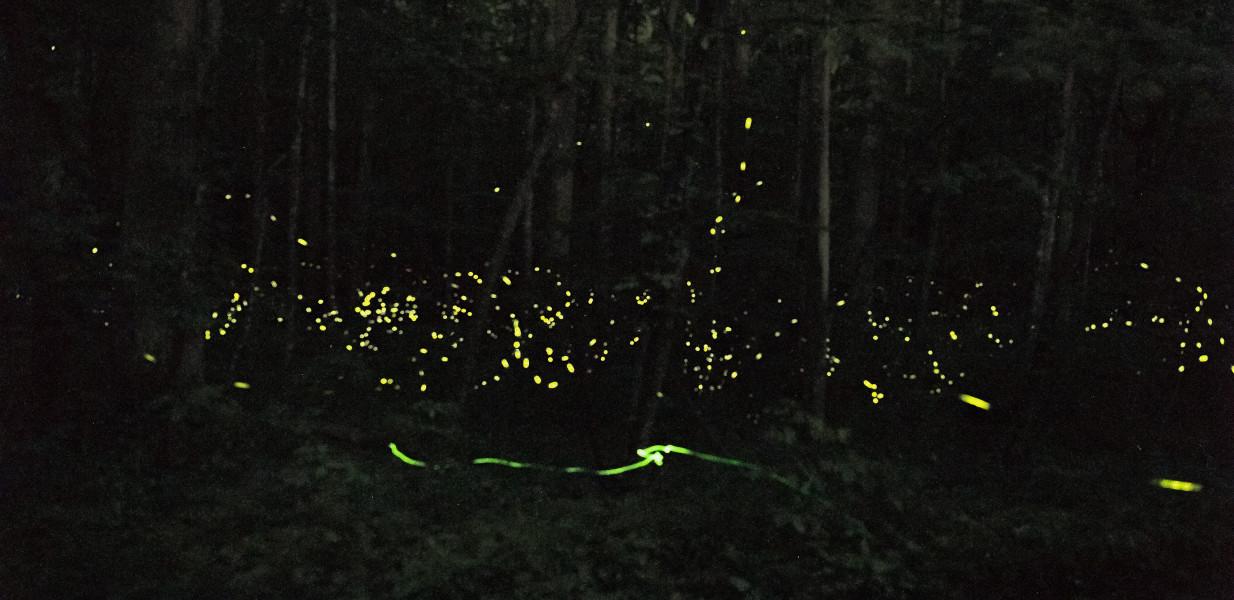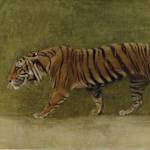African Pangolin
2023 CE • Southern, Central, and East Africa
Often thought to be reptiles, the curious pangolin is actually a mammal, known for its unique scales that account for 20% of its weight. Four species of the pangolin live in Africa: Black-bellied pangolin, White-bellied pangolin, Giant Ground pangolin, and Temminck's Ground pangolin. Considered the most trafficked mammals in the world, "demand for pangolin scales and meat is driving this mammal to extinction. Large-scale trafficking is driven by a belief that pangolin scales have magical and curative properties and demand for their meat. When mixed with bark from certain trees, the scales are thought to neutralize witchcraft and evil spirits. If buried near a man’s door they are said to give an interested woman power over him. The smoke from their scales is thought to improve cattle health, keep lions away, and cure ailments like nose-bleeds. Although their scales are made of keratin—the same substance that makes up human hair and nails—they are in high demand in certain Asian countries where the scales are believed to cure illnesses ranging from cancer to asthma, and their meat is considered a delicacy. In some areas, tribes believe a sighting of this scaly mammal indicates there will be a drought and the only way to prevent it is by killing the animal." Globally, pangolin populations have declined drastically with all eight subspecies at risk of extinction, with poachers killing as many as 2.7 million African pangolins in a single year.
Quote: "Pangolin," African Wildlife Foundation.
Jacqueline Conciatore, "Up to 2.7 million pangolins are poached every year for scales and meat," African Wildlife Foundation, October 15, 2019.
Image: David Brossard via Flickr, Attribution-ShareAlike 2.0 Generic (CC BY-SA 2.0)


Learn about Maya Lin’s fifth and final memorial: a multi-platform science based artwork that presents an ecological history of our world - past, present, and future.

Discover ecological histories and stories of former abundance, loss, and recovery on the map of memory.

Learn how we can reduce our emissions and protect and restore species and habitats – around the world.

See how art can help us rethink the problems we face, and give us hope that each one of us can make a difference.

Help make a global memorial something personal and close to home. Share your stories of the natural world.


